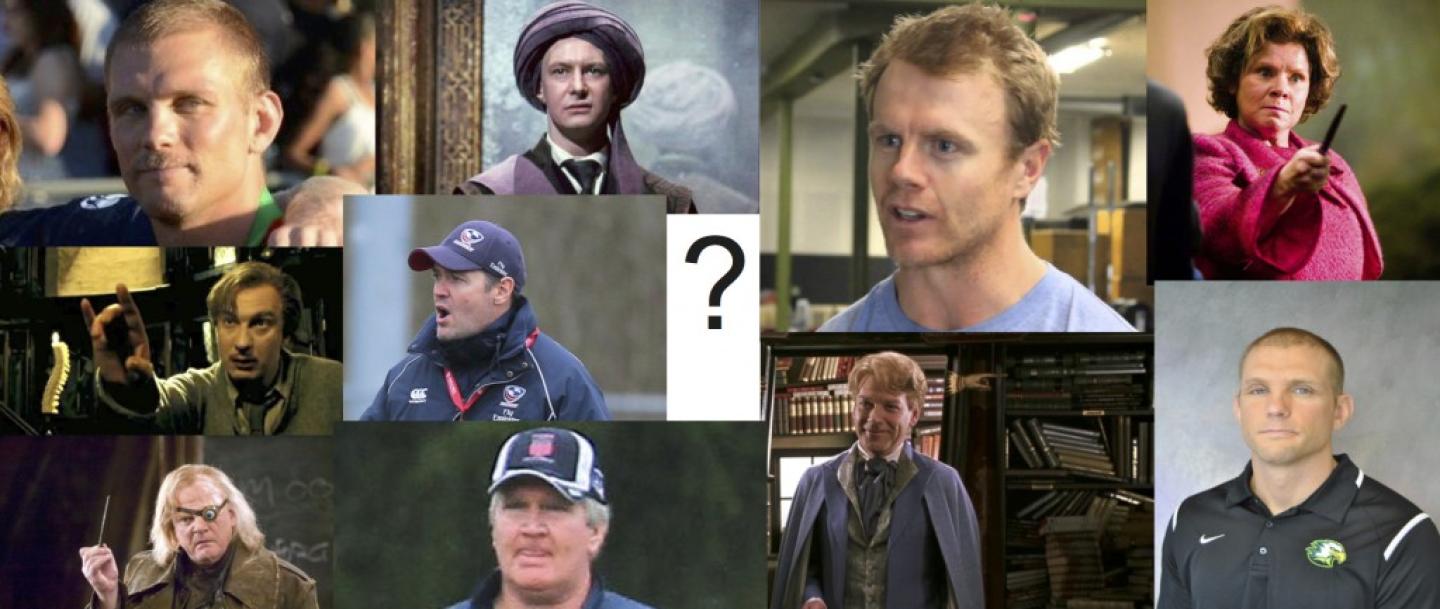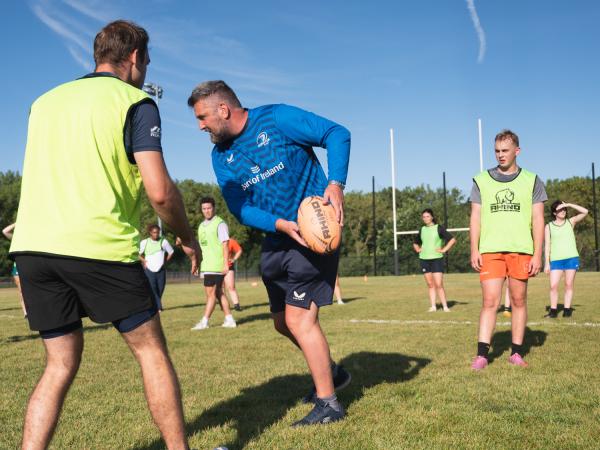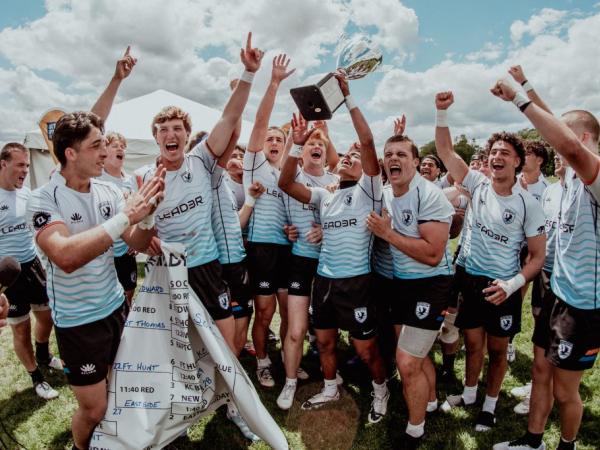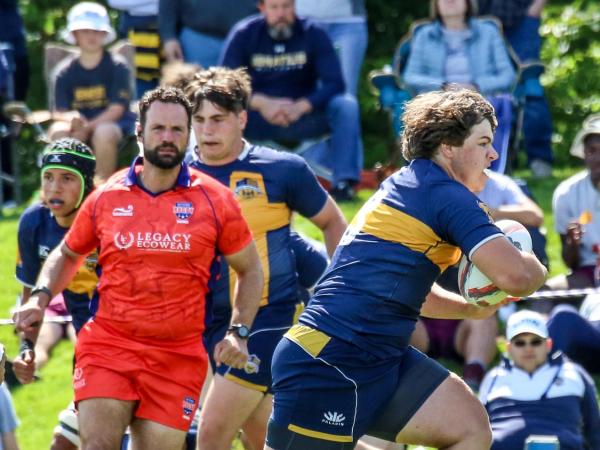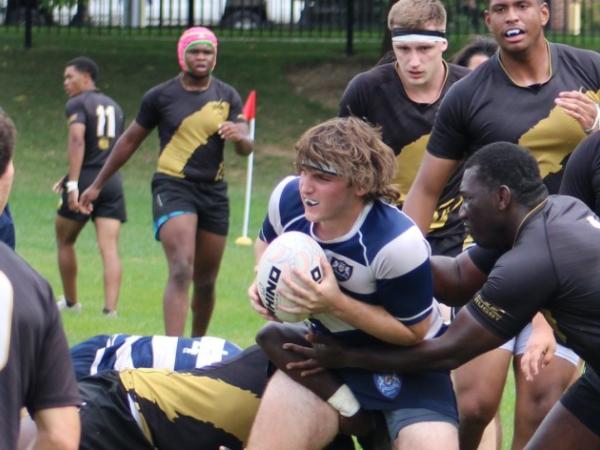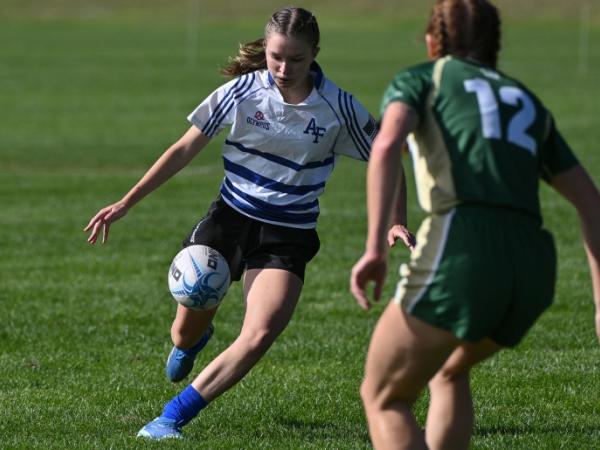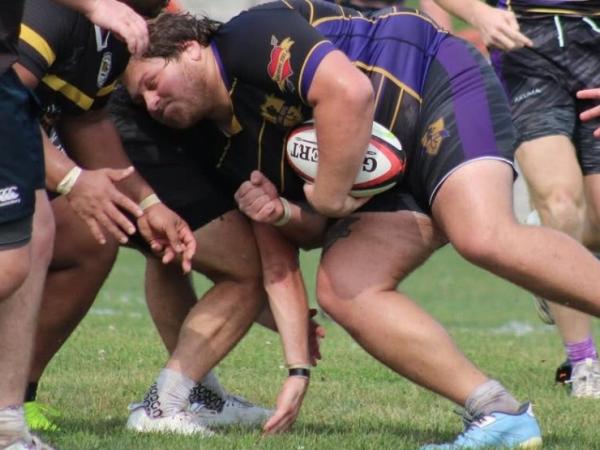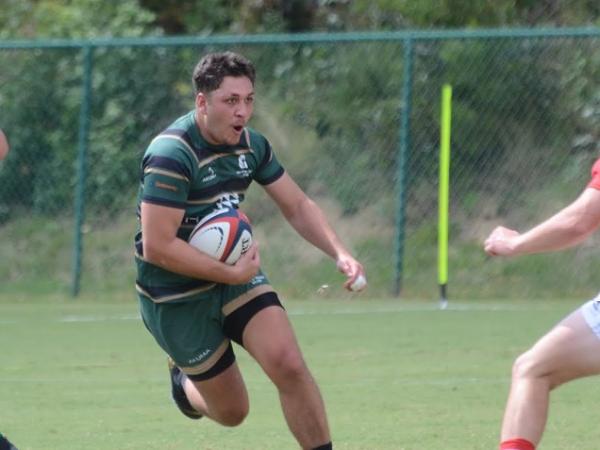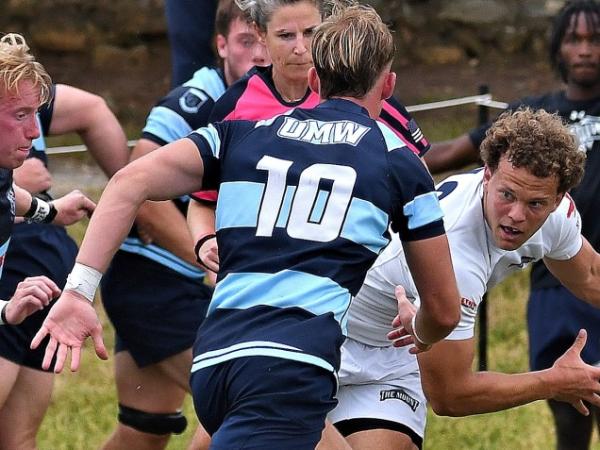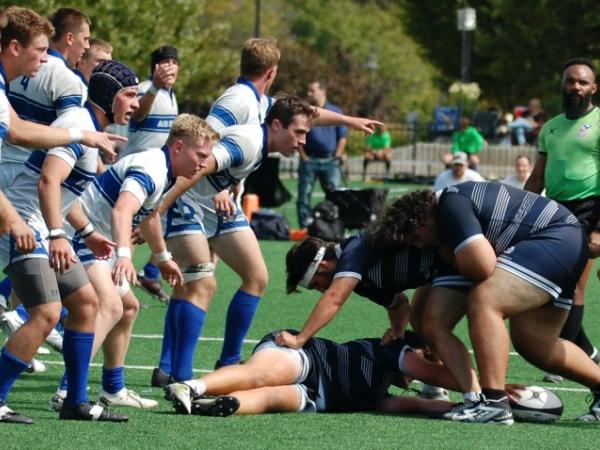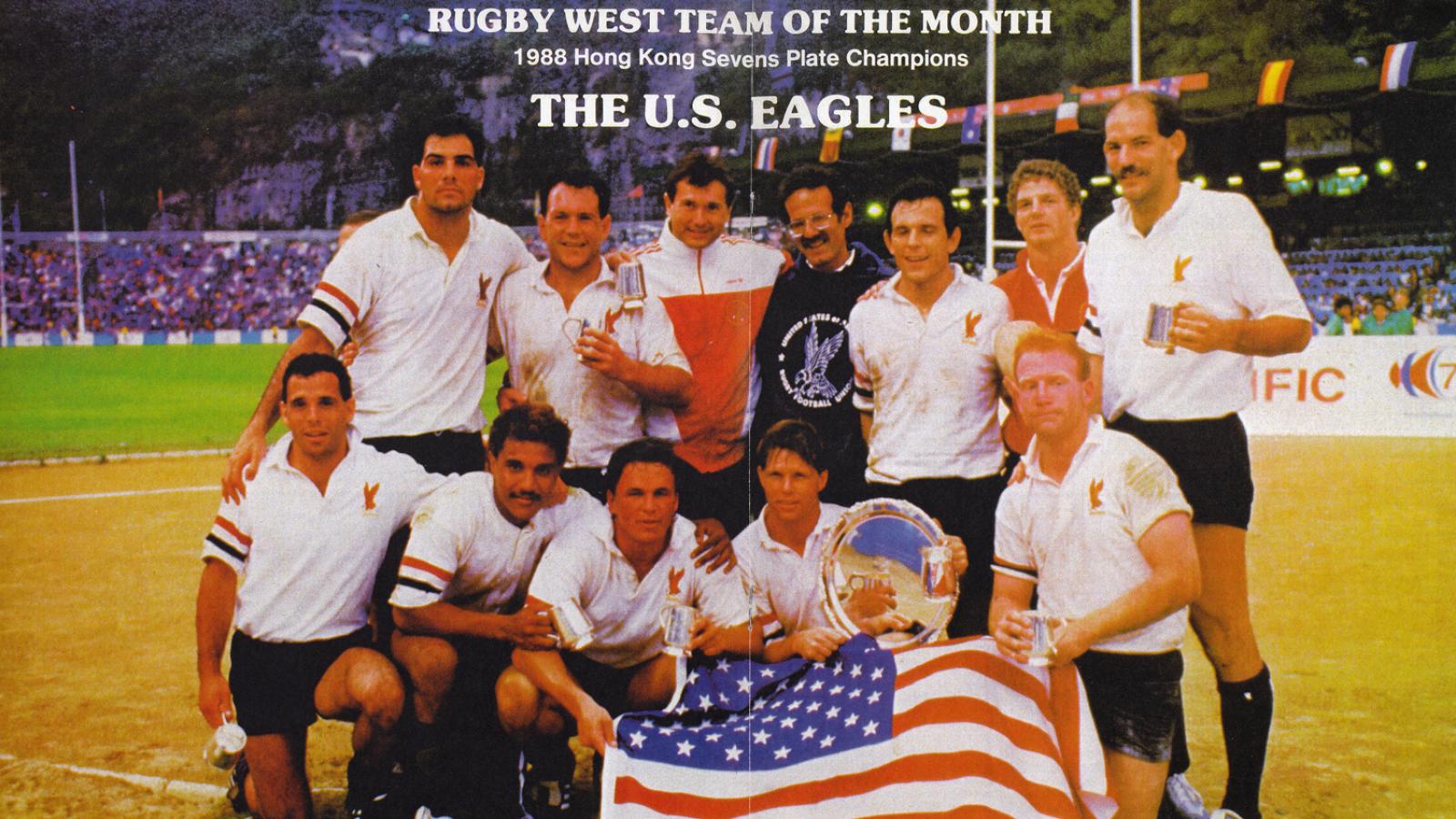The job of the USA Men’s U20 Head Coach seems to be the hardest job to keep in American rugby.
With the news that Scott Lawrence has stepped down because of added responsibilities at his day job, USA Rugby is currently working with the assistant team of coaches, with various assistants taking the lead as needed. Lindenwood University Head Coach JD Stephenson is taking the lead at the moment, but it could be anyone later on.
Before Lawrence took the post in August, Michael Engelbrecht led the team as an interim Head Coach. before him, in 2014, Billy Millard was at the helm. In 2013 it was Jason Kelly, and in 2012 it was Lawrence, the last coach to last more than a year.
It’s beginning to seem like the post of Defense Against the Dark Arts teacher in the Harry Potter book series, where a curse meant no one could keep that job longer than a school year.
And maybe there is a curse. The curse is, in part, because the job itself is very involved. You’ve got to scout players through colleges and in the club scene if they’re not attending college. You’ve got to find players able to play not only during the school year, but at a time when many are missing the meat of the spring season.
And you’ve got to evaluate and train up all of those players for a one-off game with Canada in the hopes of playing in the World Rugby Under-20 Trophy in Zimbabwe. And if you qualify, you’ve got to find the available players once more.
It is, in many regards, too much and yet not enough.
This year, players have been scouted and tracked and will be at a camp the week before Christmas.
“Much of the autumn has been spent finishing up identification - remember we started this cycle back in May and June with the [National Tracking Camps], the WellDog Stars and Stripes, and then the Junior All-American 7s camp in early September in conjunction with the Eagles 7s. So some of the legwork was done already,” said USA Rugby High Performance Director Alex Magleby.
A second camp will be held in January as the staff narrows down the playing roster for the game with Canada’s U20s on February 13.
That’s the plan for now, but the question remains if this program will remain as-is. The timing of the games is not good for college students, and Magleby argues that the true development of those players happens on their college teams, where there are more varsity and almost-varsity programs than ever.
Magleby likes the development done every day, but there’s also an argument to be made that you don’t understand international rugby until you play international rugby. Every Eagle says echoes the thought that there’s nothing like the real thing, and for a 19-year-old, playing international games against other U20 teams is the real thing.
Maybe the U20s would be better off joining with the Collegiate All Americans during the summer. The idea from the HS All Americans program to take the U20s under their wing was a good one, and wasn’t embraced by USA Rugby, but the logic holds - train and play in the summer as a way to bring top-level players together, and give them tough international games. Getting that international experience before playing as an Eagle is hugely important.
It would also make it easier for coaches to be available.
The age range of 18-21 is also hugely important for a national team that constantly needs new blood. But the quick assembly and de-assembly may not be the way to go. Perhaps the USA U20 team should be one made up of non-college players and those who can take a semester off, or work around their requirements (Madison Hughes managed at Dartmouth). And that team should then train together in an academy setting, under a coach who is already working for USA Rugby, and play games - World Rugby Trophy qualification or not. Our guess is, that group would bypass some of their competitor players in short order.
But whatever the plan is, it’s got to have some stability and some constancy. New coaches every year, and new competitions every year isn’t constancy.





